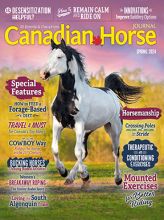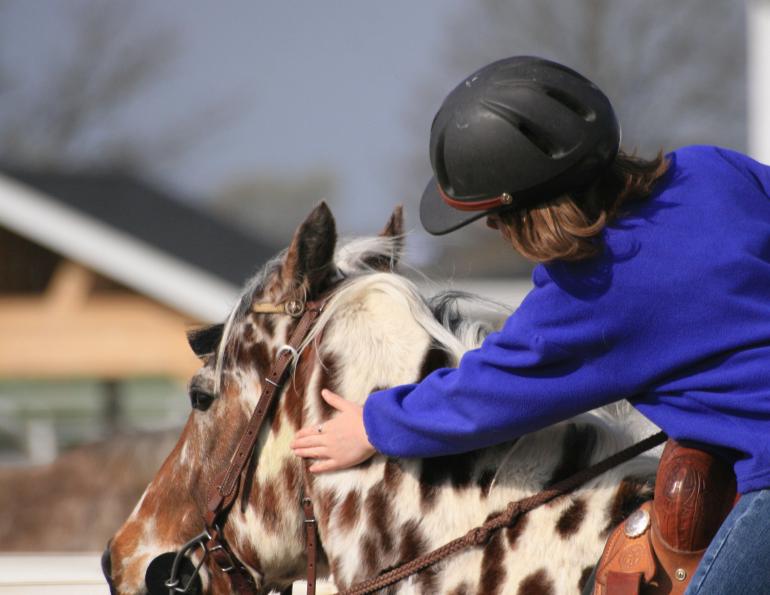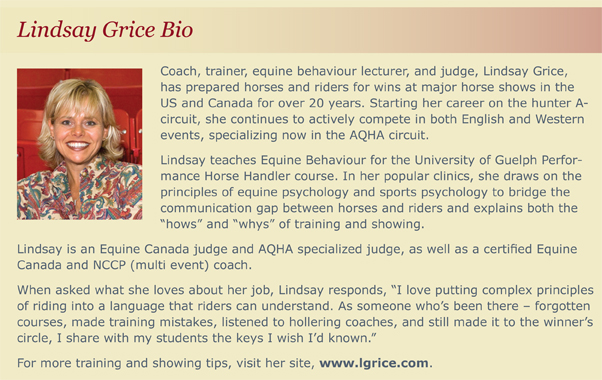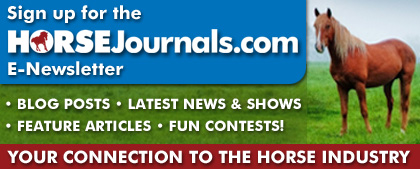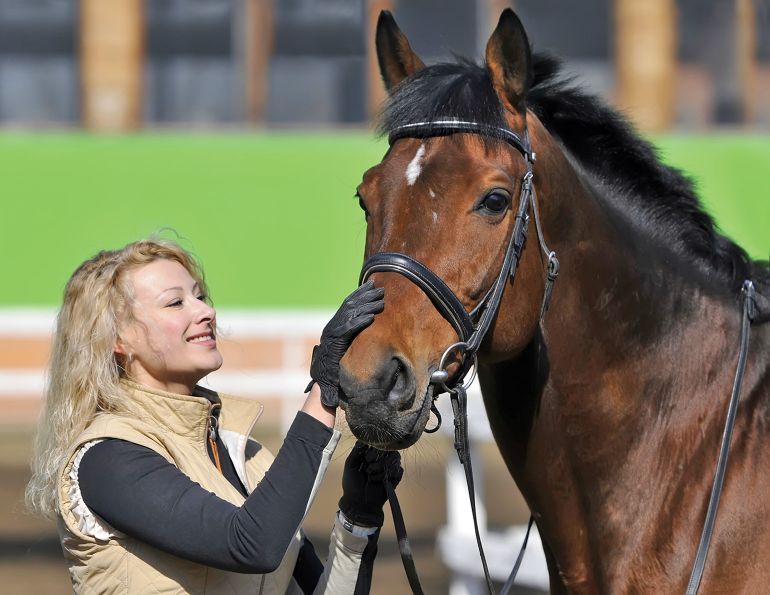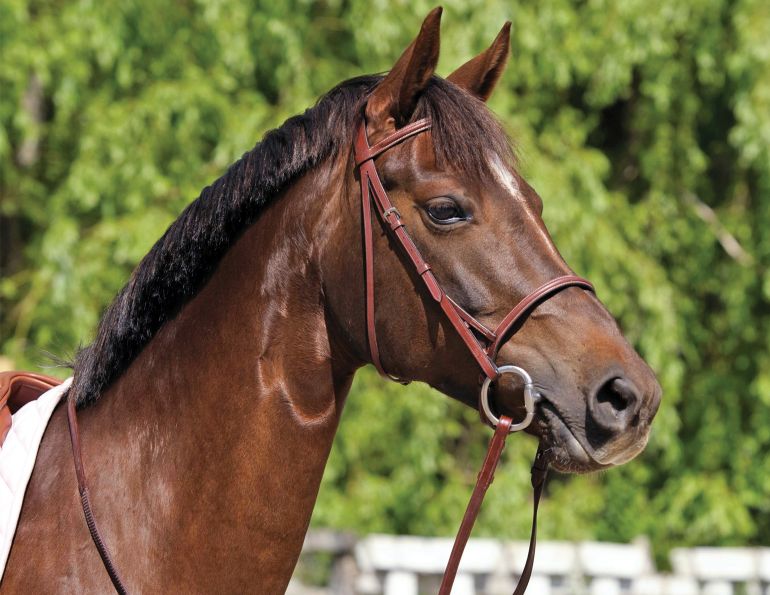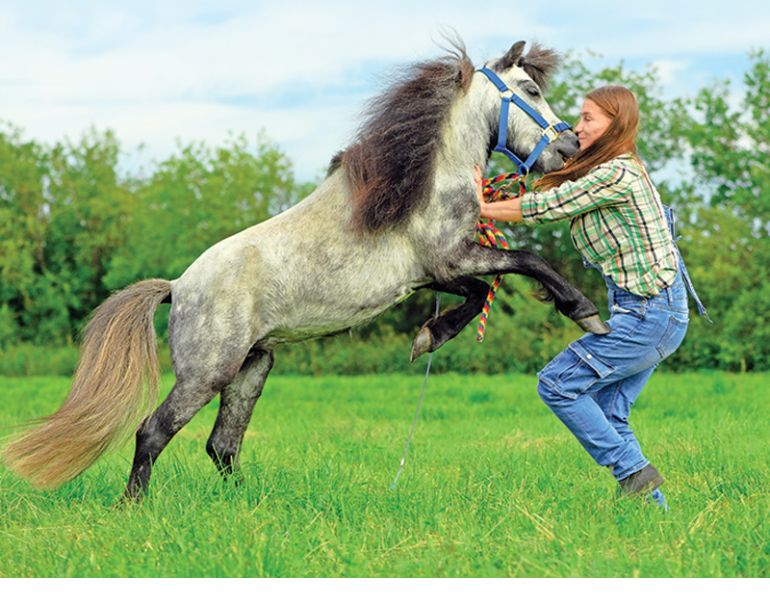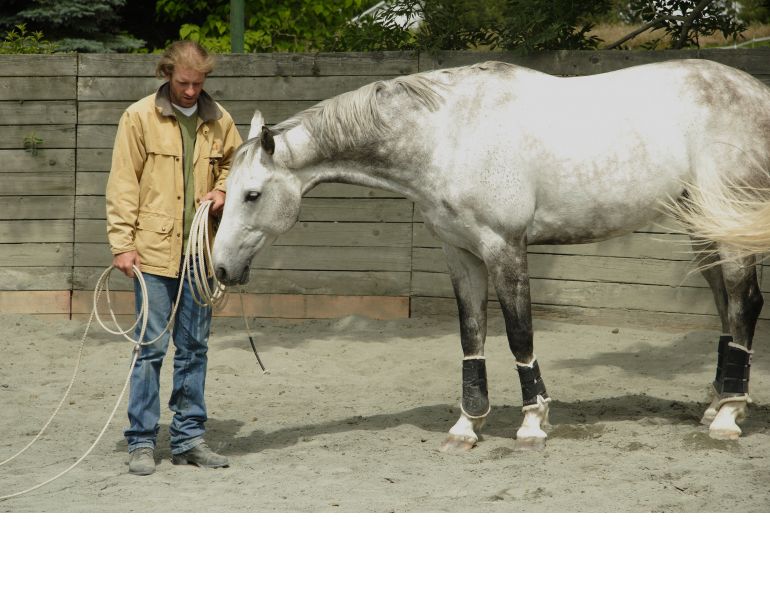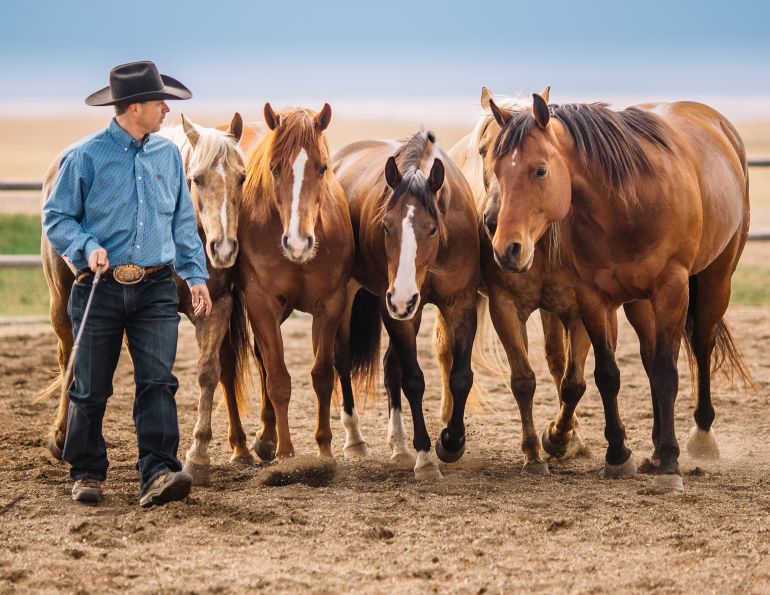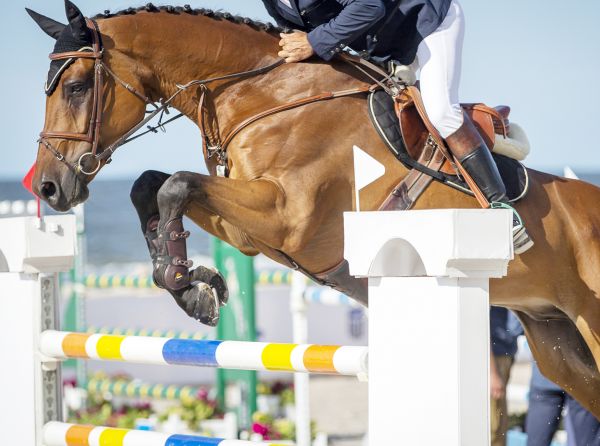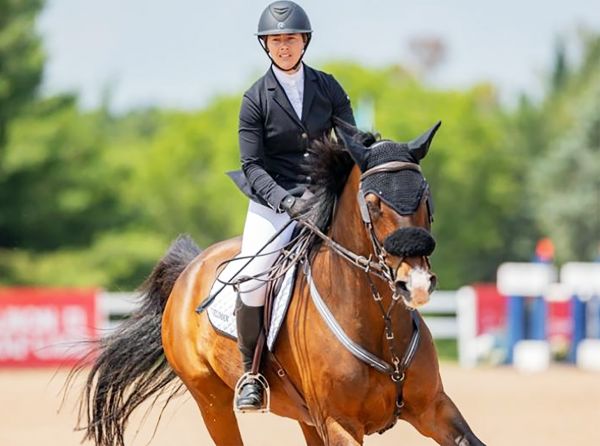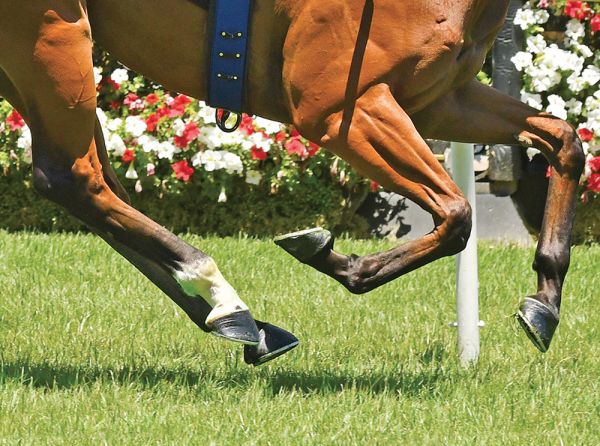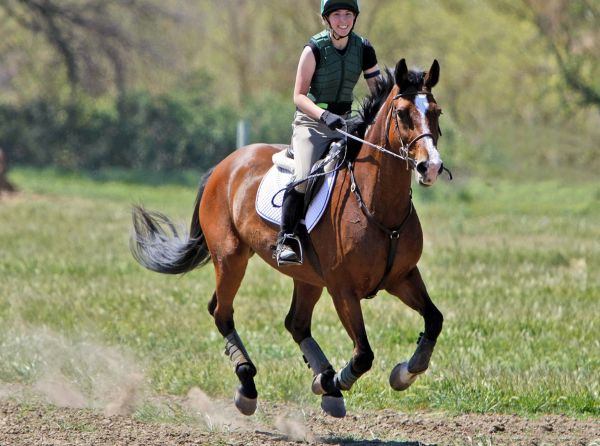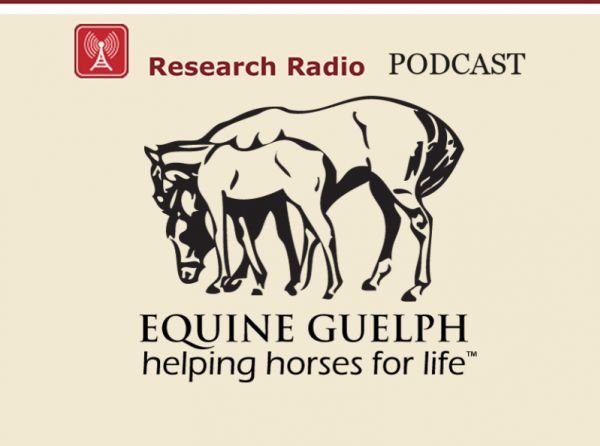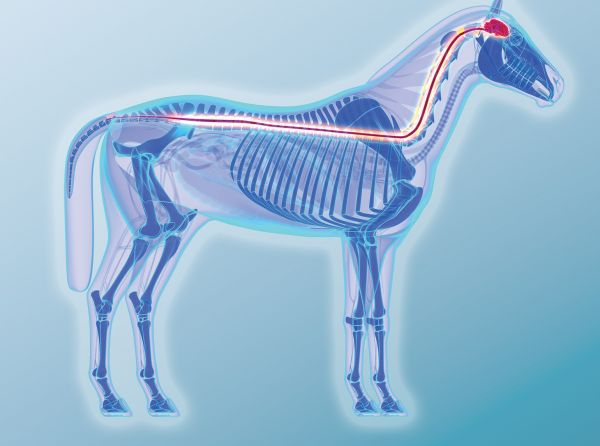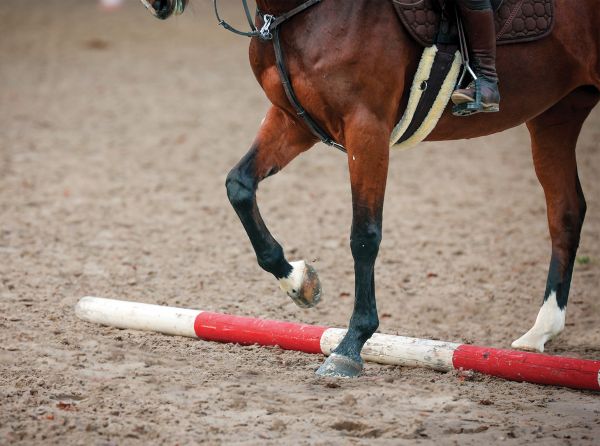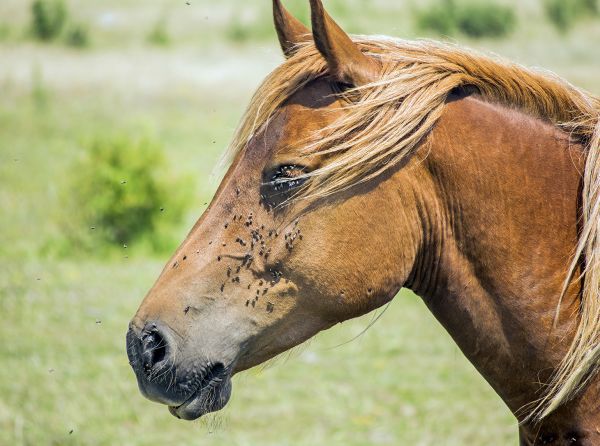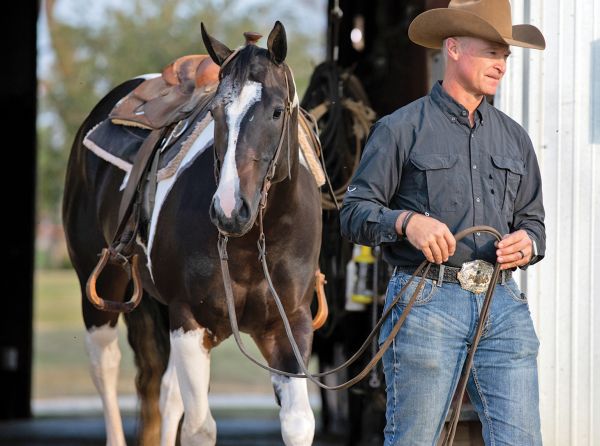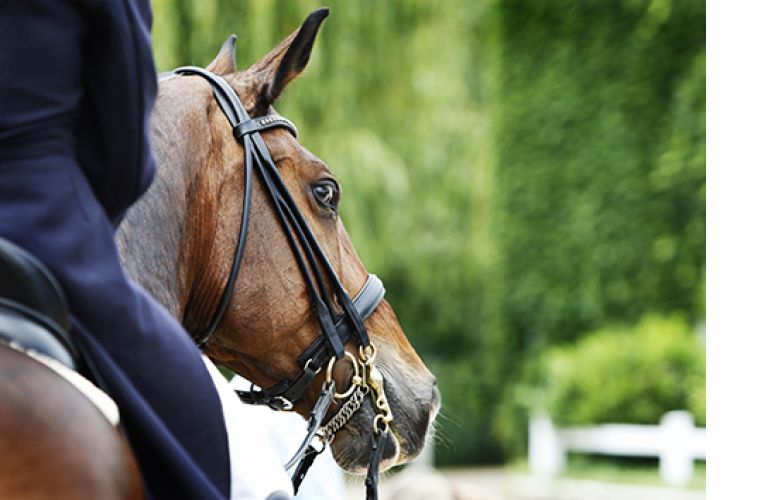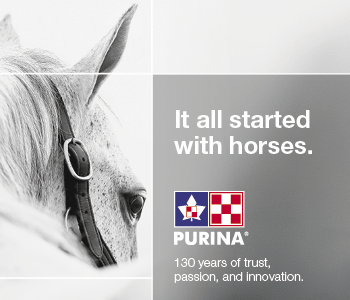By Lindsay Grice
Q I’ve read that you’re not a big fan of feeding treats to horses, but what about petting them and talking to them? I’m working with two young horses and I don’t want to spoil them.
A You’ll find that in the course of training your horses, you’ll be essentially asking them questions, and making it difficult to make the wrong choice, and easy and pleasurable to make the right choice. The challenge for a horse trainer is to find the perfect balance of pressure and reward for each individual horse. Some trainers get the reputation of being harsh, focusing too much on dominating and punishment. I am a fan of rewarding horses for making the right choice.
Your concern about spoiling your horse is valid and is a mistake commonly made by well meaning owners wanting to bond with their horses by talking to them and cuddling them. Making these 1000 pound animals into pets doesn’t work if we also want them to be respectful and in tune with us!
Although horses are motivated to learn by food treats — it’s a primary reinforcement — I have found it can open up a “can of worms.” Horses fed treats are often mouthy, push into their handler’s space, and can be jealous of their treat-fed neighbours. When training, a horse’s correct choice must be rewarded immediately (within half second) in order for the horse to associate the behaviour with the reward. Unfortunately, that connection is often missed with food rewards as we fumble through our pockets to get the mint, or deposit it in the feed tub after a ride.
I prefer to reward by withdrawing the cue as soon as a horse responds, exhaling, softening my body, and giving him a moment’s peace. If my horse is nervous or confused, I may add a massage on his neck and a low, slow word (for example, “gooooood”). Eventually the horse learns that my sound is associated with getting a break from work and the word itself takes on meaning.
Here are four points to consider with regard to praising your horses:
#1 Often, praising does more for the human than the horse. It makes people feel good to touch and talk to their horses, and I’m big on encouraging people to enjoy their horses — the process, not just results in the show ring. So if loving on your horse brings you enjoyment, go for it. This is your hobby and you pay your horse’s bills! But if results really matter to you, make sure the process you’re using is going to get you there. You may need to question whether the pleasure you derive from the way you relate to your horse is worth the cost of him not taking you seriously. For example, is it fair to expect your showmanship horse to stay out of your space and study your body language in competition when you feed him by hand and fondle his head in the barn aisle? Or for your horse to listen to subtle voice cues in the riding ring when he’s used to you chatting to him all the time?
#2 Petting has no intrinsic meaning to the horse. Humans associate the “ol’ pat on the back” with a job well done but horses don’t naturally understand it that way. They may link it to a break in schooling, but not to an action that they have just performed unless the neck pat is given immediately and consistently after that action.
#3 Petting is not all that pleasurable to the horse. I believe horses prefer to be scratched or massaged — wouldn’t you? With skin sensitive enough to detect a fly, some horses may actually find petting irritating. Sometimes I find it hard to distinguish between some people’s patting for praise (lighten up!) and others’ slapping for discipline! Your horse might too. Animal behaviourists have noted that scratching in front of the withers is likely the most pleasurable to the horse, as it is the area targeted for mutual grooming. They suggest staying away from the highly sensitive muzzle area.
#4 Watch your words. This is always good advice, and particularly when training horses! Horses recognize the tone and volume of words, but not their meaning. So keep your voice cues simple and don’t let your “whoa,” “slow,” and “go” get mixed up. Unlike the boy who cried “wolf,” consider your words carefully and use them sparingly to avoid being tuned out.
The kindest thing we can do for our horses is to communicate our expectations clearly and have a careful balance between correction and reward.
This article originally appeared in the February 2009 issue of Pacific & Prairie Horse Journal.


